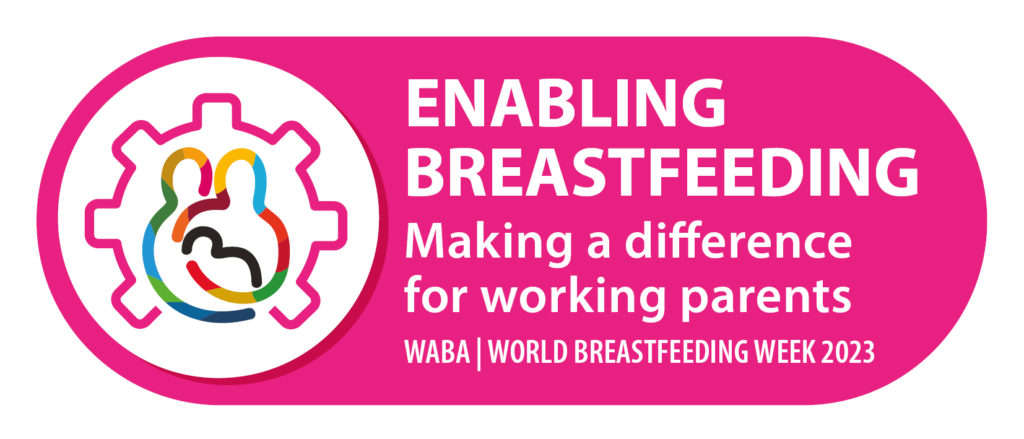As nations mark World breastfeeding week, a health expert and a baby-friendly coordinator, Deaconess Quenette Ginikanwa Erondu, has enumerated the benefits of breastfeeding to both mother and child with a charge to employers of labor to make the workplace conducive for working mothers to breastfeed their babies. Mrs. Erondu gave the charge while speaking on the topic, ‘Enabling breastfeeding, make a difference for working parents to mark the 2023 breastfeeding week.
She disclosed that breast milk helps in the development of babies’ brains, and increases their IQ level while at the same time, it is nutritious, contains the six classes of food in adequate proportion as well as antibodies and other protective factors that help the body fight infections.
Speaking further, she revealed that breastfeeding also helps mothers in special ways as it is hygienic, cost-effective, and creates special bonds between them and their children.
Harping on the essence of celebrating World breastfeeding week, Erondu, said that they intend to use breastfeeding week to educate society, especially the private and public sector on the need to support nursing mothers by extending their maternity leave, paying off their entitlements, provision of facilities such as creche within the workplace, eradication all forms of stigmatization against breastfeeding and encourage breastfeeding amongst working mothers. It is also intended to enlighten mothers generally on the importance of exclusive breastfeeding.
She further advised the larger society, especially, the health sector and the government which are the main actors on the need to promote, protect and support policies that will ensure that babies between 0-6 months are breastfed exclusively.
To enjoy stress-free breastfeeding, the baby-friendly expert advised breastfeeding mothers to have enough rest and feed well on the 6 classes of food to produce enough milk for their babies. She mentioned some factors that inhibit mothers from breastfeeding their babies exclusively including stress experienced at home after giving birth, especially nursing mothers without help, while, challenging husbands, and members of the families of breastfeeding mothers to help nursing mothers have enough time to rest to produce enough milk to for their babies.
She added that stigmatization attached to breastfeeding publically is another factor that inhibits mothers from breastfeeding their babies.
Concluding, Mrs. Ginikanwa urged the entire populace to support nursing mothers because breastfeeding promotes better health for mothers and their babies alike as it decreases the risk of mothers developing breast cancer, ovarian cancer, type 2 diabetes, and other heart diseases.
World breastfeeding week is observed between the 1st and 7th of August every year in more than 120 countries of the world, with the dual goal of improving the brains of babies, promoting, protecting, and supporting the rights of women to breastfeed anywhere and at any time.

























